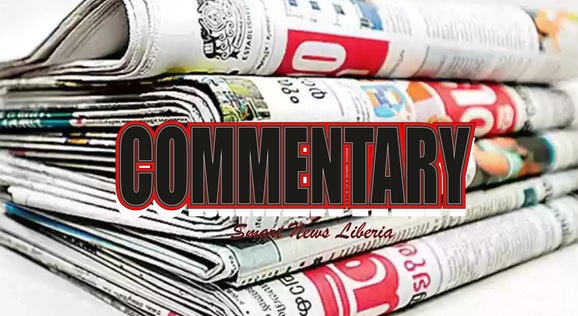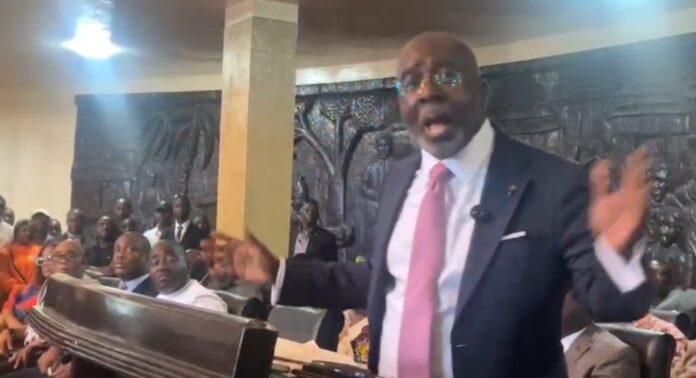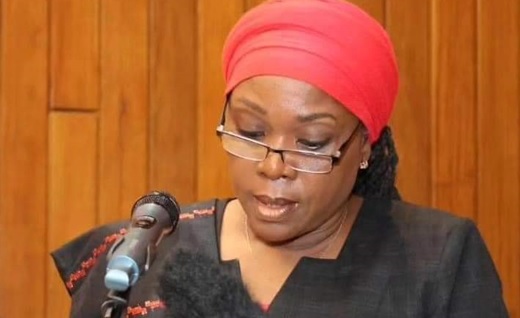-A Commentary
Joseph Boakai’s failure to lead has once again become evident, leaving Liberians in shock following the presentation of the 2024/25 draft national budget to lawmakers who are seen as rebellious and potentially backed by him. This situation is particularly disheartening given Liberia’s recent history; just over 20 years ago, the country emerged from a devastating civil war fueled by a disregard for the rule of law. The war ended with the intervention of ECOWAS and broader international support, highlighting the importance of stable governance.
The current turmoil in the House of Representatives, sparked by the greed of lawmakers attempting to oust Cllr. Fonati K. Korea as Speaker, has drawn the attention of ECOWAS once again. President Tinubu of Nigeria, serving as ECOWAS Chairman, dispatched a delegation to Monrovia to mediate the crisis. However, it appears that the Boakai-led government is determined to resist external intervention, showing a concerning disregard for the regional body’s efforts to restore order.
The leadership of renegade lawmaker Samuel Koger has further complicated matters, as he questions the legitimacy of the ECOWAS delegation; asking who invited them to Liberia, while conveniently ignoring the historical context of Liberia’s crisis, which originated in his own home region. His actions symbolize a broader reluctance among certain lawmakers to acknowledge the need for cooperation and reconciliation, which are critical for national stability.
Critics of Boakai suggest that his reluctance to intervene in the legislative crisis stems from a fear of being perceived as interfering. However, this perspective overlooks the reality that presidential intervention can be pivotal in preventing legislative disruptions. Historical examples, such as Franklin D. Roosevelt and Lyndon B. Johnson, illustrate how effective presidential leadership can facilitate dialogue and foster cooperation in times of crisis.
In contrast, Boakai’s track record paints a bleak picture. His history is marred by failures to unify various factions within the Unity Party and beyond. His inability to build coalitions or foster peace raises serious questions about his capability to lead Liberia through its current challenges. Instead of uniting the nation, his leadership has exacerbated tribal divisions and political separations, pushing Liberia towards potential instability and violence.
The recent submission of the draft national budget to the rebellious lawmakers is perceived as a blatant disrespect towards President Tinubu and the principles of ECOWAS. This act, particularly following the delegation’s visit, sends a troubling message about the Boakai administration’s commitment to rule of law and constitutional processes. As Liberia faces a precarious situation with a judiciary that is perceived to be as corrupt as the executive, the potential for further unrest looms large.
As the nation watches closely, the actions of Speaker Koffa and his supporters will be crucial in determining the next steps in this unfolding crisis. Liberia stands at a crossroads, and the choices made by its leaders will significantly impact its future. The need for a unifying force and strong leadership has never been more urgent.







